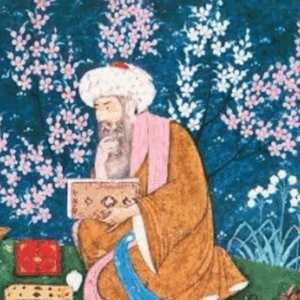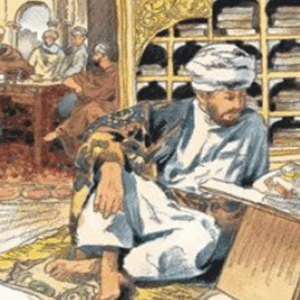Understanding the Sahaba
The term “Sahaba” refers to the companions of Prophet Muhammad (PBUH)—those men and women who accepted Islam during his lifetime and remained loyal to the faith until their last breath. They were the earliest supporters of Islam and played a crucial role in establishing the Muslim community. Their close companionship with the Prophet (PBUH) and their dedication to spreading Islam have earned them a position of great honor in Islamic history.
Prominent Sahaba and Their Contributions
Abu Bakr as-Siddiq (RA)
Abu Bakr (RA), the Prophet’s closest friend and the first caliph, is remembered for his sincerity, truthfulness, and unwavering loyalty. He supported the Prophet (PBUH) during the migration to Medina and led the Muslim community with wisdom, compassion, and firm resolve after the Prophet’s passing. His leadership set the foundation for the growth and unity of the early Muslim nation.
Umar ibn al-Khattab (RA)
Umar (RA), the second caliph, was known for his remarkable leadership, justice, and strength of character. Under his rule, the Islamic empire expanded rapidly, and numerous administrative, social, and legal reforms were introduced. Umar (RA) is remembered as a leader who combined power with humility, always placing the welfare of the people first.
Uthman ibn Affan (RA)
Uthman (RA), the third caliph, was admired for his generosity and purity of heart. One of his greatest achievements was compiling the Quran into a single, standardized text—an important step in preserving the holy scripture for all generations. He also oversaw the expansion of the Muslim territories and invested heavily in building infrastructure for the growing community.
Ali ibn Abi Talib (RA)
Ali (RA), the fourth caliph and cousin of the Prophet (PBUH), was renowned for his wisdom, bravery, and deep knowledge of Islam. A fearless warrior and a thoughtful leader, Ali (RA) played a major role in defending and strengthening the Muslim community. His speeches and writings, especially those collected in Nahjul Balagha, continue to guide Muslims in matters of faith, justice, and leadership.
Inspirational Stories from the Sahaba
The Courage of Bilal ibn Rabah (RA)
Bilal (RA), once an enslaved man, showed extraordinary resilience despite severe persecution for accepting Islam. His unwavering faith made him one of the earliest and most respected Muslims. Chosen by the Prophet (PBUH) as the first muezzin (caller to prayer), Bilal’s story is a powerful example of strength, dignity, and devotion.
The Sacrifice of Sumayyah bint Khayyat (RA)
Sumayyah (RA) holds the honor of being the first martyr in Islam. Faced with brutal torture for her belief in Allah, she remained steadfast until her martyrdom. Her sacrifice reflects the deep commitment of the early Muslims and continues to inspire believers to stay strong in their faith.
The Wisdom of Abu Hurairah (RA)
Abu Hurairah (RA) is remembered for his exceptional memory and dedication to learning. He narrated more hadiths than any other companion, helping preserve the teachings of the Prophet (PBUH) for future generations. His love for knowledge and his tireless efforts in spreading it make him one of the most significant figures in Islamic scholarship.
The Enduring Legacy of the Sahaba
The Sahaba left behind a legacy of faith, courage, and selflessness. They built the foundations of the Muslim community, spread the message of Islam across regions, and preserved its teachings with great care. Their lives continue to inspire Muslims to lead with integrity, serve others, and remain true to their principles.
Lessons We Learn from the Sahaba
1. Unwavering Faith
The Sahaba showed absolute trust in Allah and His Messenger (PBUH), reminding us of the importance of strong faith in facing life’s challenges.
2. Sacrifice and Dedication
Their willingness to sacrifice their comfort—and even their lives—for Islam teaches us about commitment and working for a noble cause.
3. Justice and Compassion
The caliphs and other Sahaba demonstrated fairness, mercy, and humility, offering an ideal example of leadership and interpersonal conduct.
4. Pursuit of Knowledge
Many Sahaba devoted themselves to learning and spreading knowledge, highlighting the lifelong importance of education in Islam.
Conclusion
The Sahaba’s lives form a rich tapestry of devotion, courage, wisdom, and sacrifice. Their example continues to guide Muslims in faith and character, reminding us of the values that lie at the heart of Islam. As we reflect on their contributions, may we strive to follow in their footsteps and draw strength from their remarkable stories.




